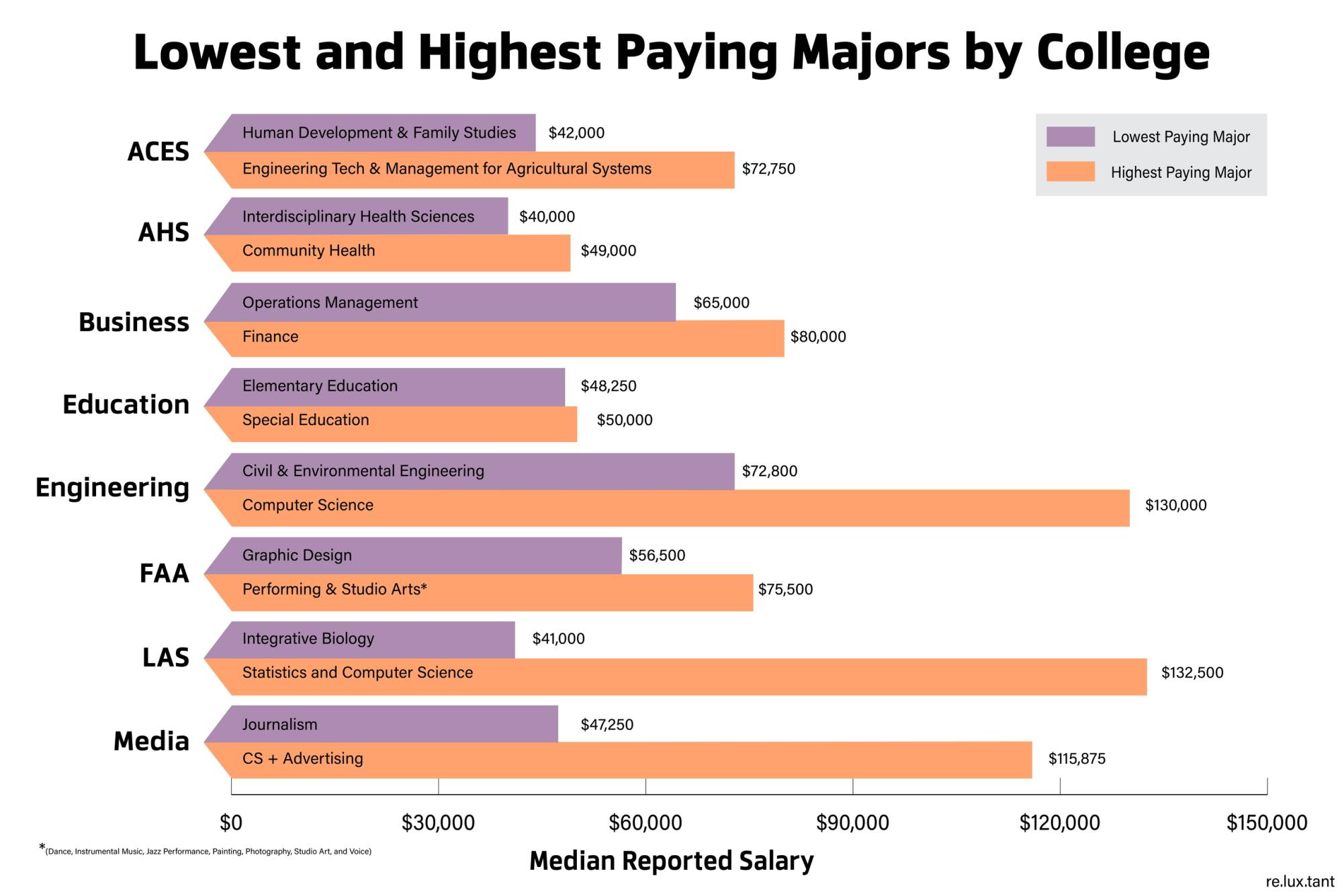Imagine Cup open for battle
March 8, 2006
The three final competitions for the 2006 Microsoft Imagine Cup will close Wednesday, March 15.
The Microsoft Imagine Cup is a competition offering extra incentive for student filmmakers, math lovers, and programming enthusiasts from around the world to produce something creative in their fields.
Dave Kaplan, senior in Engineering, competed and won third place in the 2004 San Diego national software design challenge. The 2004 challenge was to make “something that would improve every day life.”
Kaplan’s project could, among other things, be used to open doors with voice commands.
Kaplan said he would not compete this year.
Get The Daily Illini in your inbox!
“I don’t have the time,” Kaplan said, grinning. “And also I want to give other people a shot.”
Although he will not participate in the competition itself, he is trying to spread the word about the competition on campus, he said.
Kaplan said he had a great time while in the competition, and his placement in nationals and networking during the event led to a great internship. He said he wants other students to enjoy the same experience.
The cup started in 2003 with a single competition, software design. That has expanded to six categories this year. The software design project remains and is accompanied by a short film competition, an algorithm invitational, a head-to-head programming battle, an information technology development invitational and an interface design competition.
“The theme of the 2006 Microsoft Imagine Cup is to imagine a world where technology helps us live healthier lives,” said Emanuele Ognissanti, Microsoft marketing manager of academic programs.
The competitions’ stages and requirements differ between the categories. More information can be found at the U.S. Imagine Cup Web site. Judges for the final competitions are Microsoft employees, working members of each individual industry, academics, press agents and venture capitalists.
The registration dates for the software design, short film and interface design competitions have already passed. However, the other three remain open until March 15.
Students should not despair over missing the deadlines for three of the competitions, as the other competitions are still “wide open,” Ognissanti said. The algorithm competition in particular would work well because it is entirely based on prior knowledge and there is no way to study for the test given online at the cup’s Web site, he added.
Ognissanti said there is no rule preventing students from entering all three competitions and he hoped students would try at least one out. He said trying out could lead to a trip to India for the finals that have large cash prizes, $8,000 for first place in any of the remaining competitions.
“Even if you don’t get into the top ranks, it’s a good experience to test yourself against other people from around the world,” Ognissanti said.





